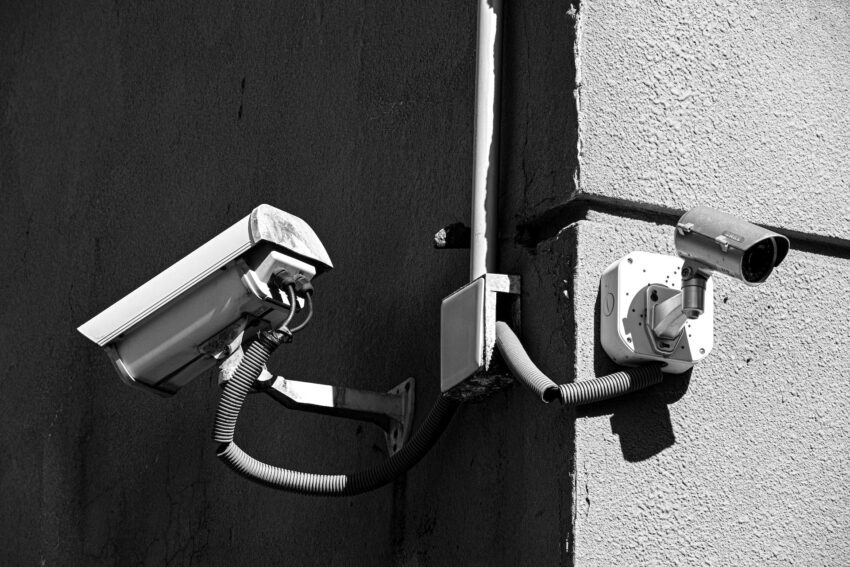There are many different options for home security cameras on the market. Look for motion detection, customizable alerts, and a wide field of view.
Some systems also offer cloud storage or can stay connected over cellular data. However, these options come with higher prices and monthly monitoring fees.
Cost
Typically, professional installation will cost more than DIY. Still, the extra expense may be worth it if you’re concerned about getting a faulty setup that can lead to costly damage. Furthermore, professional services frequently include a guarantee and technical assistance, which can save you money in the long term.
Alternatively, you can opt for a security bundle that includes professional installation with your equipment purchase.
While there’s something satisfying about rolling up your sleeves and tackling a project independently, installing home security equipment can be complicated. It’s a task best left to experts who know what they’re doing and can provide a reliable finish.
Professional security camera installations will ensure the devices are correctly configured and integrated with your existing security systems. This ensures that you get the most out of your system. It’s also an excellent option for people who don’t have the time to stand on a wobbly step stool and fiddle with tiny parts on window sensors. In addition, professionals can take the stress of scheduling out of the equation, as you don’t have to worry about organizing your day around an installation appointment. This will give you peace of mind that your new security equipment is up and running when needed.
Time
Whether you’re looking to replace your current security system or install one for the first time, many options exist. From simple kits with basic features to elaborate networks that require a higher level of technical prowess, there are plenty of things to consider.
Taking the time to learn about all the different products and services can be difficult, especially when trying to find a solution that fits your needs perfectly. It’s also important to consider how much time you can commit to the project. Hiring professional installers might be a better option if you’re uncomfortable spending a significant amount of your free time figuring out how to install and use the equipment.
If you’re shopping for an innovative security system, it’s essential to remember that some products are more user-friendly than others. Some systems come with a sleek, intuitive app that makes it easy to customize your settings and view footage. In contrast, other cameras might have clunky interfaces that make it challenging to navigate their many features.
Additionally, how a camera stores its footage can significantly impact its usability. Some cameras offer local storage that keeps your video data on the device, which is an excellent choice for privacy-conscious homeowners. However, other cameras will send your footage to the company’s servers, which may subject you to privacy concerns.
Expertise
As technology evolves, intelligent security systems increasingly become accessible and easy to use. However, many homeowners must weigh the potential benefits of DIY versus professional installation options. Ultimately, self-instating or hiring a professional will affect cost, setup time, and device flexibility.
Installing the equipment yourself can be pretty straightforward for some home security devices, particularly indoor cameras and peel-and-stick sensors. However, other types of equipment can be more challenging to install and require specialized skills like running wiring or drilling clean holes. In addition, some advanced home security devices might need professional installation due to their proprietary nature or complex integration requirements.
When choosing a system, it’s essential to understand the scope and duration of warranty protections. Some professional installations come with comprehensive service packages and extended warranties, which can reduce or offset future maintenance expenses. Conversely, DIY systems may not include support services or warranties, which could limit the system’s longevity and reliability.
For some systems, particularly wired doorbell cameras and security alarms, it’s best to have a professional from the company that designed the products perform the installation. Not only does this ensure a proper system layout, but it also helps minimize user error risk. This extra step can prove invaluable because faulty camera angles, improper device placement, and neglecting user manuals are some of the most common mistakes homeowners make during DIY security system installation.
Safety
If you choose the DIY route, read up on adequately installing security devices. Most importantly, make sure to place the cameras high up on the wall to keep them out of the reach of thieves and other people. Additionally, install the cameras with a field of view that’s big enough to capture whoever is approaching. A wider field of view means you’ll need fewer cameras to cover your property.
Purchase a camera that has a color night vision option to allow for more explicit video in low-light conditions. Lastly, avoid placing cameras near bright lights or windows that reflect light. This can obscure the camera’s visibility and make it less effective at capturing criminals.
It’s also worth mentioning that if you install cameras in a residential building, you must ensure they don’t face tenants’ apartments or private spaces. Renters may run afoul of the law if their cameras are oriented in their direction since they have a legitimate expectation of privacy in their living spaces.
While some residents are comfortable handling the installation of their own security devices, it might be more beneficial to hire a professional. Having someone else set up your device can save you time and money, especially if you’re uncomfortable working with ladders or electrical systems.


